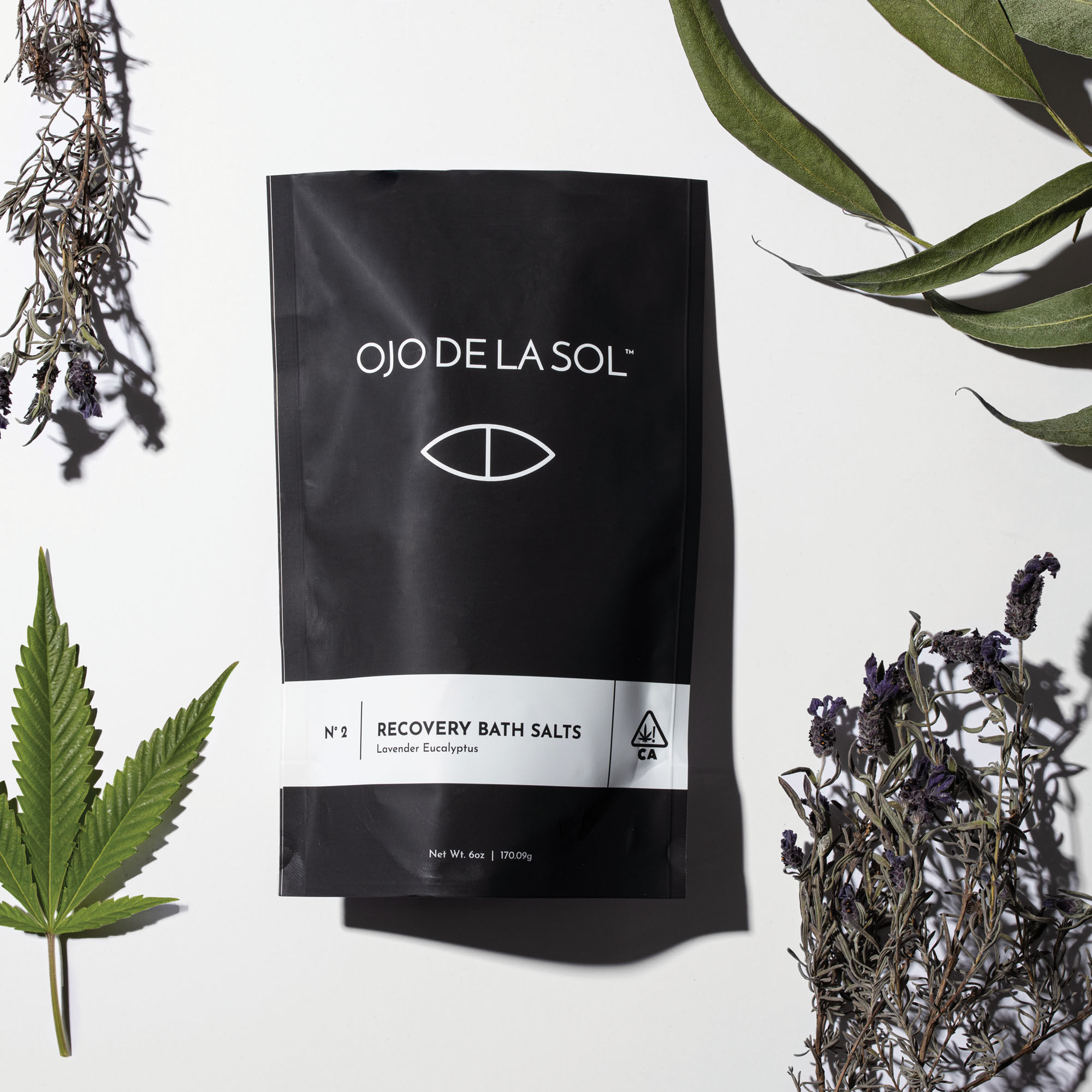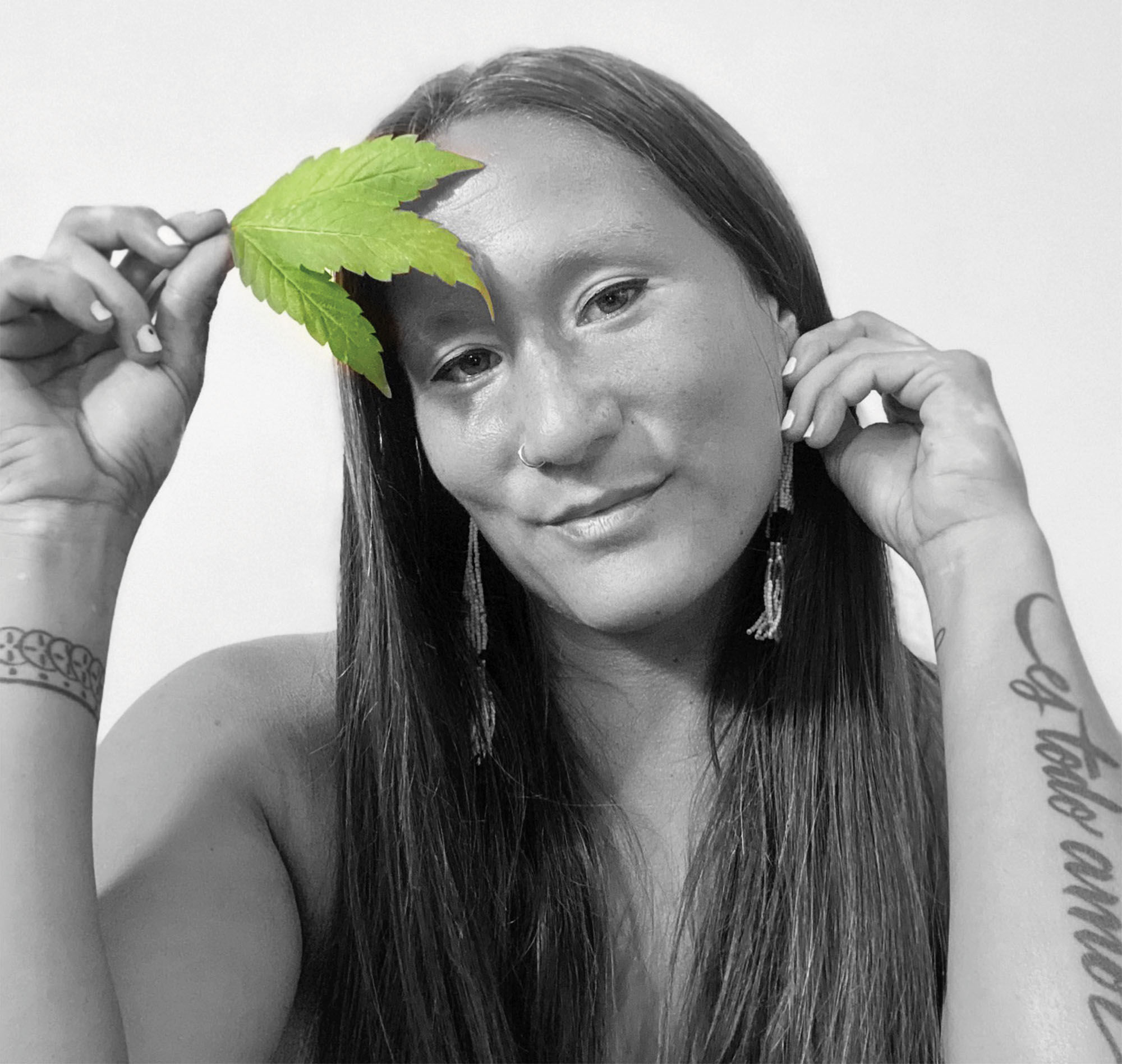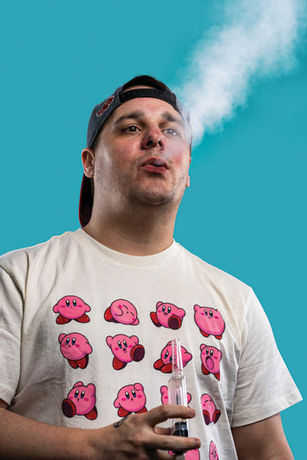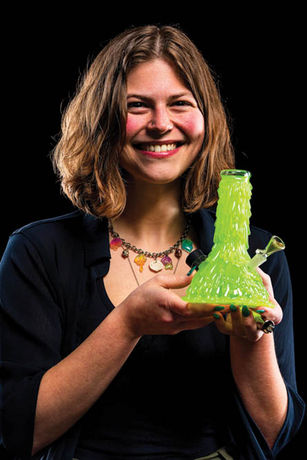Dania Cabello wants us to take the power of healing back into our own hands. As the owner and operator of Oakland topical brand Ojo De La Sol, Cabello has navigated a slow, intentional road to bringing her very personal line of products to the regulated public market. Combining her own experiences as a former professional athlete, an herbalist, and her family’s own history with traditional medicines, Cabello’s Ojo De La Sol is currently making a name for itself for all the right reasons. With an expansion to Los Angeles looming, Cabello spoke with California Leaf about the “Sol” supply chain she’s established and her efforts to destigmatize Cannabis use for athletes.
What’s the story behind Ojo De La Sol?
One of the things that has become clear to me is that Ojo De La Sol is really a synthesis and a braiding of all of these components that I spend most of my time learning and reflecting on. It all falls into this category of healing and what I call critical wellness, and my personal journey of learning how to heal myself.
Was that a journey that started with your soccer career?
As a pro athlete, it is common practice to overmedicate with ibuprofen and to have our bodies injected with cortisone so we can play, because it numbs the pain from the physical beating that our bodies take … that’s become normalized. There’s this ‘no pain, no gain’ philosophy. I played Division I soccer at UC Berkeley for four years and then I returned as a graduate student in education to really hone in on the language of critical pedagogy and the ways in which we think about freedom – both with and through the body.
During my last season of pro soccer, in 2011 with the Bay Area Breeze, I decided to take ownership of my healing by decolonizing my health and indigenizing the practices that were always a part of my life. I’d been working with an urban farmer for 15 years and I wanted to explore what it would look like to make alternative medicine outside of smoking the flower. I had a chronic heel injury, so I started with a topical and then I was sharing that topical with family. My family shared it with their friends and literally, within about a month, I was getting outreach from aunts and uncles and people I hadn’t seen for years asking about it.

What products does Ojo have available at the moment?
Right now, I make two topicals. They are my pain relief salve, which has about 300mg of THC to help reduce inflammation and relieve pain associated with rheumatoid arthritis and neuropathy. It can also help with muscle tension and skin regeneration. That’s been my top seller for a decade. The other is an Epsom salt soak with about 75mg of Cannabis. Both of my products are two of the strongest on the market but that wasn’t a strategy – it was actually just me delivering on what’s been the most effective for my loyal customers. As far as availability goes, you can get Ojo in most Northern California markets, plus, Ojo is also now available in Southern California through a direct-to-consumer platform called AllezOop.
Ojo De La Sol is part of a Bay Area community of Black and brown owned Cannabis businesses that seem to really support each other in a way that’s unique to this industry at large. Would you agree?
As a medicine maker, I can’t necessarily spend all of my time lobbying and writing law. That’s why we have to be a team of people that have different fields of expertise. I really leaned into that aspect with what I now call the ‘Sol’ system. That’s the ecosystem that Ojo De La Sol lives in and it’s the only reason why Ojo is still in existence. It’s not because of some large investment. It’s because of the friendships and the efficacy of the medicine that I make. That’s what allowed Ojo to move slowly and grow at a time when it’s really difficult to get started in this industry without the normal financial backing that comes with this big, billion-dollar industry.










